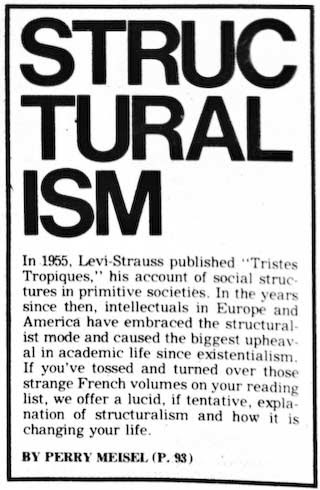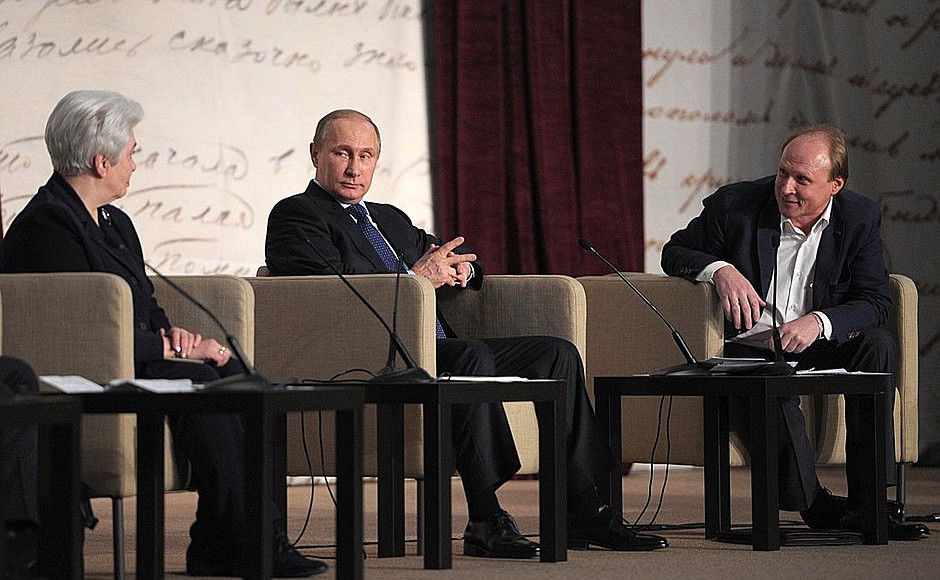
Fyodor Dostoyevsky: Fyodor Dostoyevsky, Russian novelist and short-story writer whose psychological penetration into the darkest recesses of the human heart, together with his unsurpassed moments of illumination, …

Russian (Russian: ру́сский язы́к, tr. rússkiy yazýk) is an East Slavic language and an official language in Russia, Belarus, Kazakhstan, Kyrgyzstan, and many or unrecognised territories throughout Eurasia (particularly in Eastern Europe, the Baltics, the Caucasus, and Central Asia).


Entertainment Weekly compiled a list of the 50 Best High college Movies in their September 15, 2006 issue. Descriptions were derived from the original source

This webpage is for Dr. Wheeler’s literature students, and it offers introductory survey information concerning the literature of classical China, classical Rome, classical Greece, the Bible as Literature, medieval literature, Renaissance literature, and genre studies.
ALSCW encourages the reading, writing, criticism, scholarship, and discussions among those committed to the reading and study of literary works.
Dan Conaway has been Executive Editor at Putnam, Executive Editor at HarperCollins, Director of Literary Acquisitions at PolyGram Films, Story Editor at Citadel/HBO, Creative Executive at Tribeca Films, and Associate Editor at W.W. Norton.

Psychoanalytic literary criticism is literary criticism or literary theory which, in method, concept, or form, is influenced by the tradition of psychoanalysis begun by …
Dec 25, 2016 · Eight years before Piotr Dumala tackled Dostoyevsky’s Crime and Punishment, the Russian animator produced a short animated film …


THE GULAG ARCHIPELAGO. 1918-1956. An Experiment in Literary Investigation, 1-11. By Aleksandr I. Solzhenitsyn. Translated by Thomas P. Whitney.
New Criticism. A literary movement that started in the late 1920s and 1930s and originated in reaction to traditional criticism that new critics saw as largely concerned with matters extraneous to the text, e.g., with the biography or psychology of the author or the work’s relationship to literary history.

